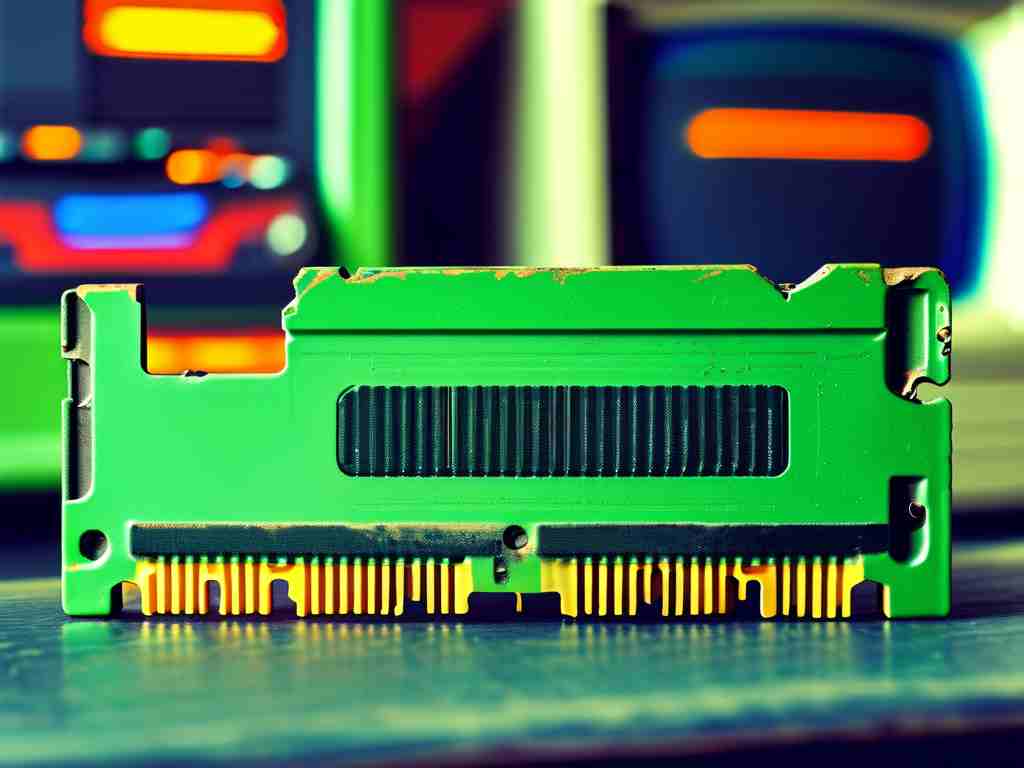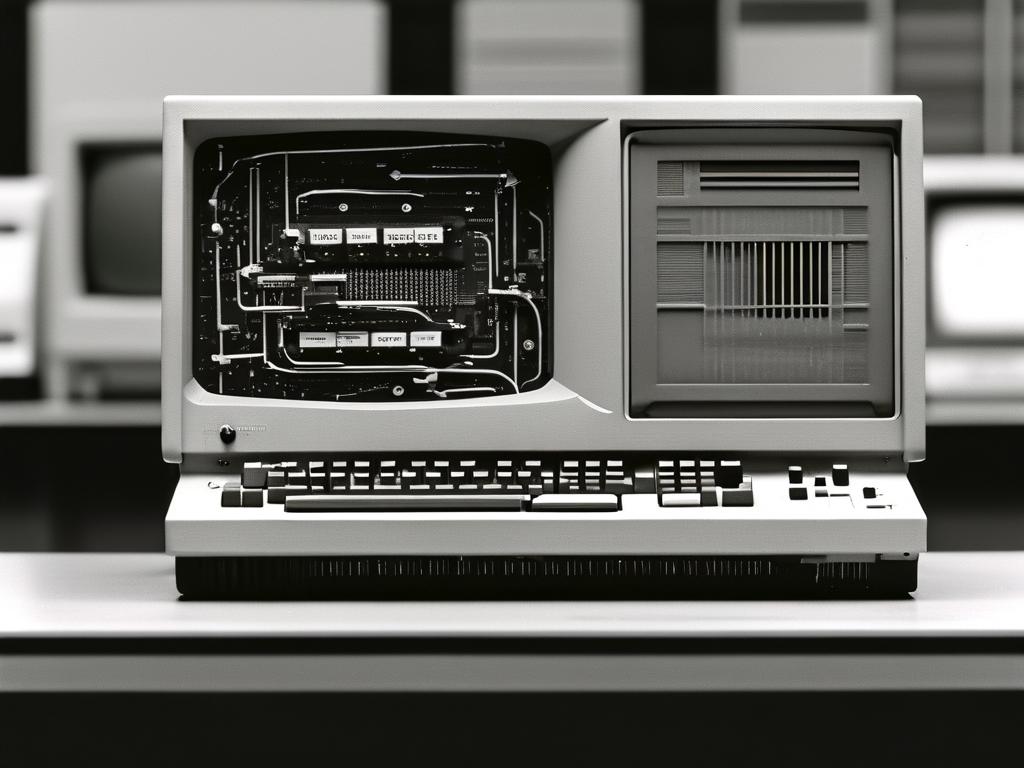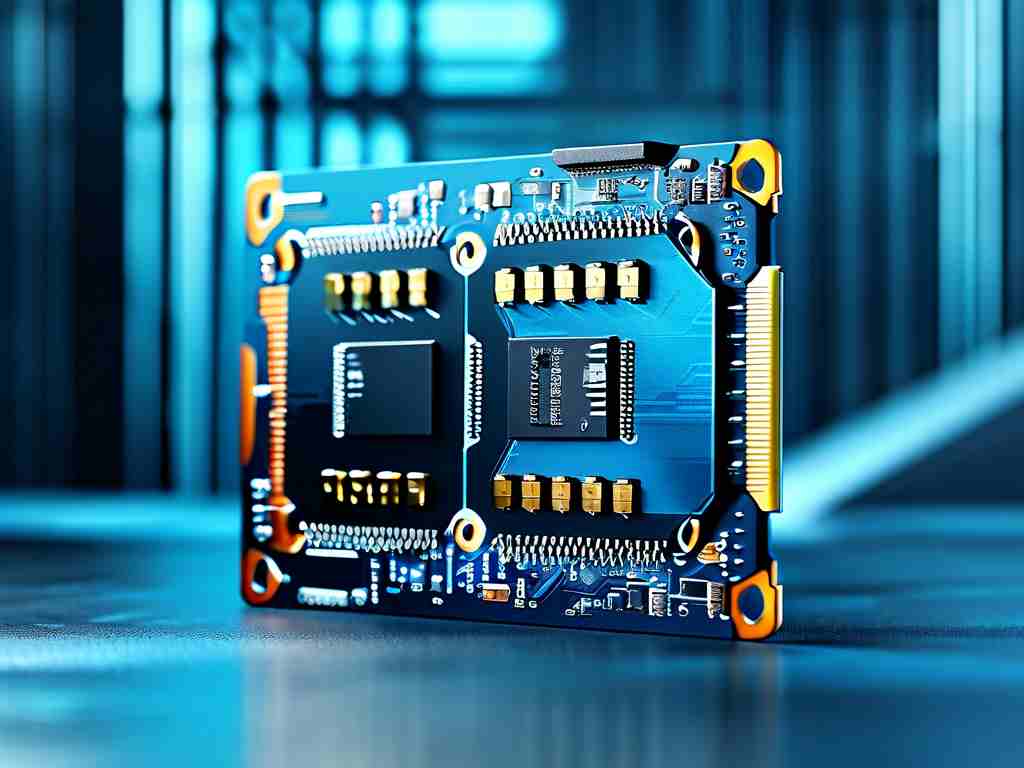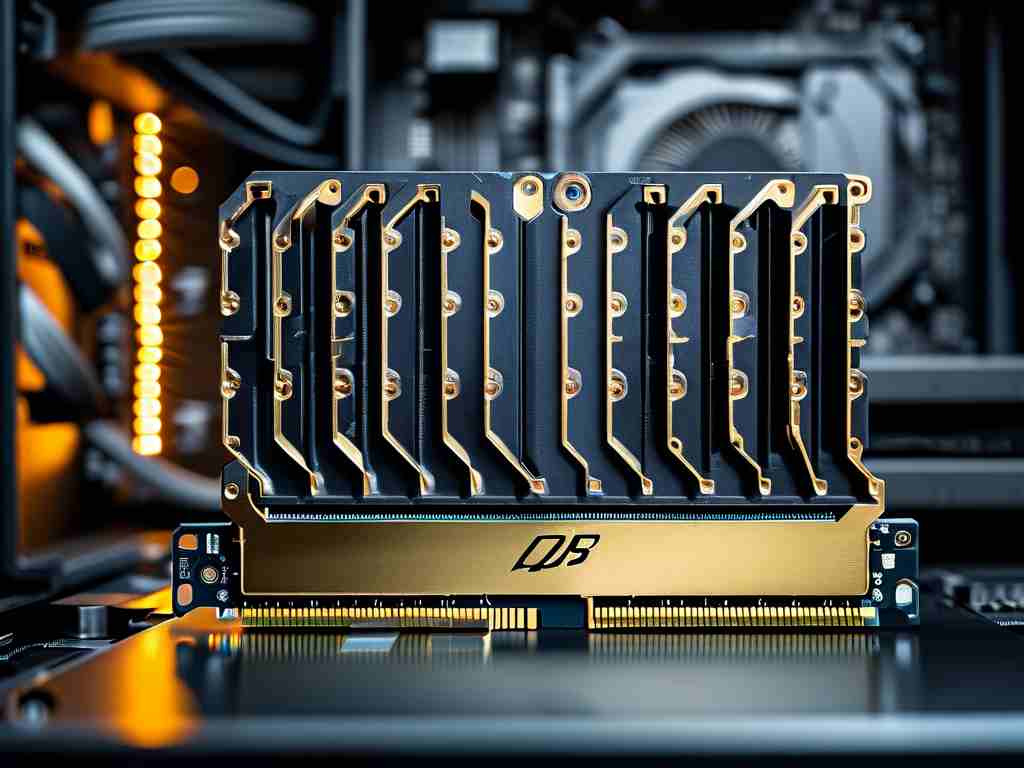In the competitive landscape of modern electronics, Samsung has consistently pushed boundaries with innovative solutions. One standout feature in its ecosystem is precision memory management, a technology reshaping how devices handle multitasking and resource allocation. This article explores the mechanisms behind Samsung's approach and its implications for user experience.

At its core, Samsung's memory management system employs dynamic resource partitioning. Unlike traditional static allocation methods, this adaptive framework analyzes app usage patterns in real time. For instance, when streaming video while running background applications, the system prioritizes bandwidth for active tasks while compressing dormant processes. This prevents memory hogging—a common pain point in Android ecosystems—without sacrificing responsiveness.
Technical documents reveal that Samsung integrates machine learning algorithms to predict user behavior. By monitoring frequent app launches and usage durations, the system pre-loads critical data into high-speed RAM sectors. Developers have noted that this "predictive caching" reduces app load times by up to 22% compared to stock Android implementations. A code snippet from Samsung's One UI documentation illustrates this:
MemoryManager.optimizeCache(Context context, ProcessStats stats) {
if (stats.getForegroundTime() > THRESHOLD) {
allocatePriorityBandwidth(context);
}
}
Industry benchmarks highlight tangible benefits. In controlled tests, Galaxy S24 devices maintained consistent performance after 72 hours of continuous use, with only 8% memory degradation—a stark contrast to competitors averaging 15-20%. This efficiency stems from Samsung's proprietary "Garbage Collection 3.0" module, which aggressively clears orphaned processes while preserving essential services like messaging and security protocols.
User experience enhancements extend beyond raw speed. Reddit communities and XDA Developer forums frequently praise Samsung devices for seamless app switching—a direct result of memory optimization. One user reported editing 4K video while running Discord and Spotify without frame drops, stating, "It feels like the phone anticipates what I need next."
Critics argue that such aggressive management could hinder third-party app functionality. However, Samsung addresses this through developer-friendly APIs. The Memory Guardian SDK allows apps to request reserved resources, ensuring critical operations like emergency alerts or medical monitoring apps remain unaffected during cleanup cycles.
Looking ahead, Samsung plans to integrate quantum computing principles into memory management. Early patents describe "entanglement-based allocation," where correlated processes share memory blocks to reduce redundancy. While still theoretical, this could revolutionize multitasking efficiency in future foldables and AR devices.
In , Samsung's precision memory management exemplifies how software-hardware synergy elevates device capabilities. By balancing performance, longevity, and user intent, the company continues to set industry standards—proving that in the race for technological supremacy, optimized resource handling remains a cornerstone of innovation.









